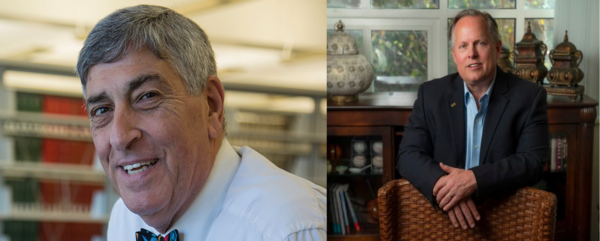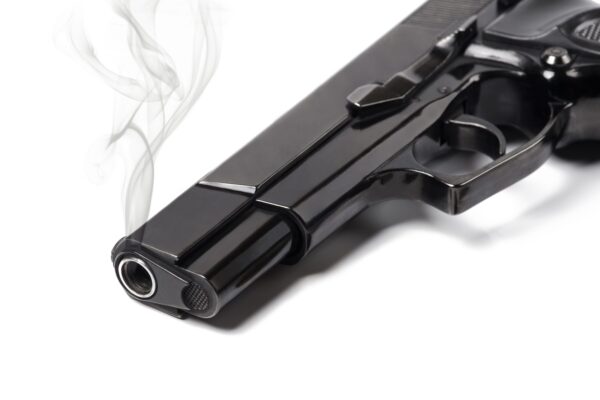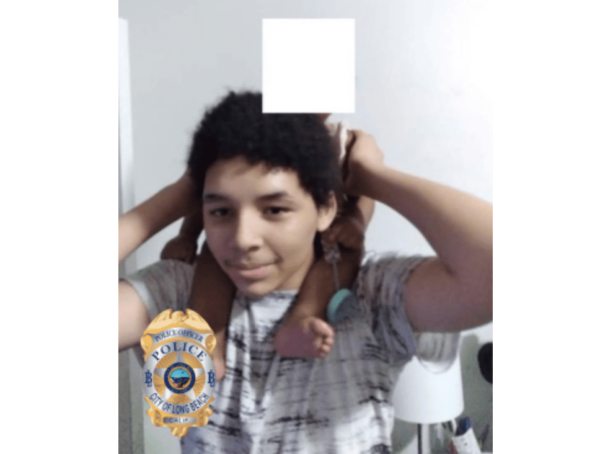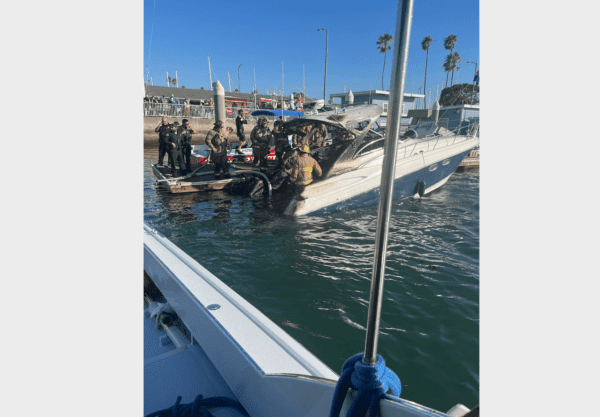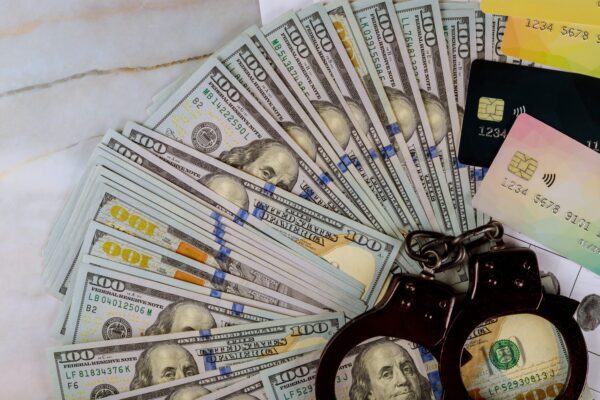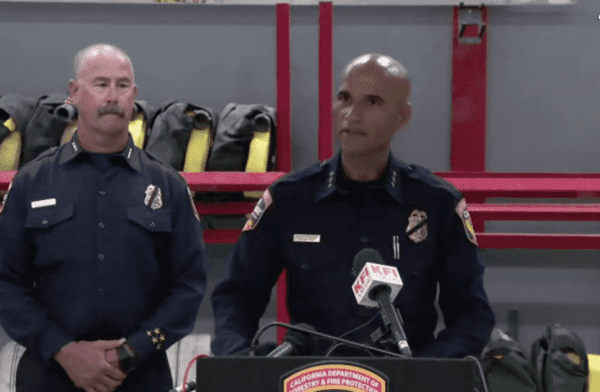By Paul Anderson
A federal judge in Santa Ana likely had a hand in former Chapman University Law School Dean John Eastman’s identification as “Co-Conspirator 2” in the election fraud indictment to which ex-President Donald Trump pleaded not guilty Thursday, two Orange County professors told City News Service.
In January 2022, Eastman sued to stop Chapman University, where he resigned his position a year earlier, from releasing thousands of his emails on the university’s computer server to the congressional committee investigating the Jan. 6 riots at the Capitol.
In March of last year, U.S. District Judge David O. Carter made a rare legal ruling allowing some documents for which Eastman claimed attorney-client and work-product privileges to be turned over to the congressional committee. Carter ruled that the privilege claims could be overcome by a “crime-fraud exception,” because the federal judge found enough evidence in the civil proceeding to show Eastman and Trump engaged in criminal behavior.
UC Irvine political science professor and attorney Tony Smith told City News Service it was possible that special counsel Jack Smith, who was appointed to investigate Trump, happened to come to the same conclusion based on the evidence and law.
“It’s either really good legal minds looking at the same law walking the same path,” Smith said. “But given that the ruling from Judge Carter is part of the whole package of stuff Jack Smith would have had, it’s also not at all a stretch to see that Carter cleared the pathway and showed the way to go, even if Jack Smith would have come up with the same beliefs and understanding. This probably presented a shortcut to him.”
Chapman University law professor Mario Mainero, who has written a textbook on evidence, said Eastman and his attorneys ironically got themselves in the legal trouble with the way they handled the issue before Carter.
“It was not the smartest lawyering in the world by the folks representing Eastman,” Mainero said. “They baited the judge into finding that. … You had a batch of evidence that basically kind of baited the judge into releasing it by making the finding that he did.”
In the run-up to Carter’s ruling, the attorneys representing the congressional committee were offering an easier way out for the federal judge, with technical arguments that Eastman had waived privilege and violated university policy by working for a political candidate, so he should have no expectation of privacy. Carter brushed off that argument and sided instead with the congressional committee’s claim that fraud was committed.
“Eastman really pushed it, saying, hey, you need to find a crime fraud exception and you can’t find that, but, of course, Carter did,” Mainero said.
Mainero emphasized, however, that the standard of proof Carter was dealing with was preponderance of the evidence, not the reasonable doubt standard in criminal courts that Smith will have to prove at trial.
“It’s a completely different standard,” Mainero said. “I assume the emails that were disclosed for the (congressional) hearings based on the Carter ruling might be evidence. But there has to be a lot more evidence and some of it was suggested in the indictment.”
Eastman is not named in the indictment, but it quotes Eastman’s speech before a crowd which included hundreds of Trump supporters who subsequently marched to the Capitol and were charged with various crimes in the riots that delayed the certification of President Joe Biden’s election.
Carter’s ruling “makes the job easier because (Smith) got a lot of emails he otherwise wouldn’t have gotten, but that’s only some of the evidence,” Mainero said. “I don’t know if Carter’s finding presaged this (indictment) necessarily. The reality is this — you’re not supposed to indict based on anything other than a belief a jury could find beyond a reasonable doubt. … Freeing the emails is the more significant thing. … But to my mind Carter’s finding had political value as well of course.”
The emails are “evidence of the agreement to essentially try to overturn the election by utilizing some of these ridiculous legal arguments,” Mainero said.
Smith and Mainero said the indictment does not yet charge any of the six alleged co-conspirators, in an effort to streamline the attempt to put Trump on trial.
“One reason is what I think is a fruitless one — that one or two of them will flip,” Mainero said. “But the second one is they could be named in a separate indictment, and where that helps is it can be a separate case. If you indict all seven that thing with all those lawyers will be tied up for years. The clean case is just against Donald Trump.”
It also makes it more difficult for Eastman to cite the Fifth Amendment, for instance, Mainero said.
Mainero said it is likely that if Trump is elected president again, Jack Smith would be fired and prosecutors directed to dismiss the cases.
Smith said an unindicted co-conspirator will be given “an opportunity to flip and cooperate, but once indicted it is infinitely harder to cut that deal. Also, you lose credibility as a witness once they’re indicted.”
Smith said he expects that Eastman, who is in the process of a disbarment hearing that started last month, will lose his law license.
“He should be disbarred for just the frivolous lawsuits” challenging the election results, Smith said. “That’s enough to get disbarred.”
But Smith added that Eastman “spends whatever intellectual capital he has to try to overthrow the government. It is shocking. He is a traitor by any measure. And he’s not even a good one. … If he were a first-year law student he would fail his classes because he’s driven by the outcome he wants, not the actual arguments.”
Eastman’s attorney Charles Burnham issued a statement following the indictment accusing federal prosecutors of using “heretofore obscure federal statutes to indict its leading political opponent in multiple jurisdictions.”
Burnham said the indictment “relies on a misleading presentation of the record to contrive criminal charges against presidential candidate Trump and to cast ominous aspersions on his close advisers. … With respect to questions as to whether Dr. Eastman is involved in plea bargaining, the answer is no. But if he were invited to plea bargain with either state or federal prosecutors, he would decline. The fact is, if Dr. Eastman is indicted, he will go to trial. If convicted, he will appeal. The Eastman legal team is confident of its legal position in this matter.”

